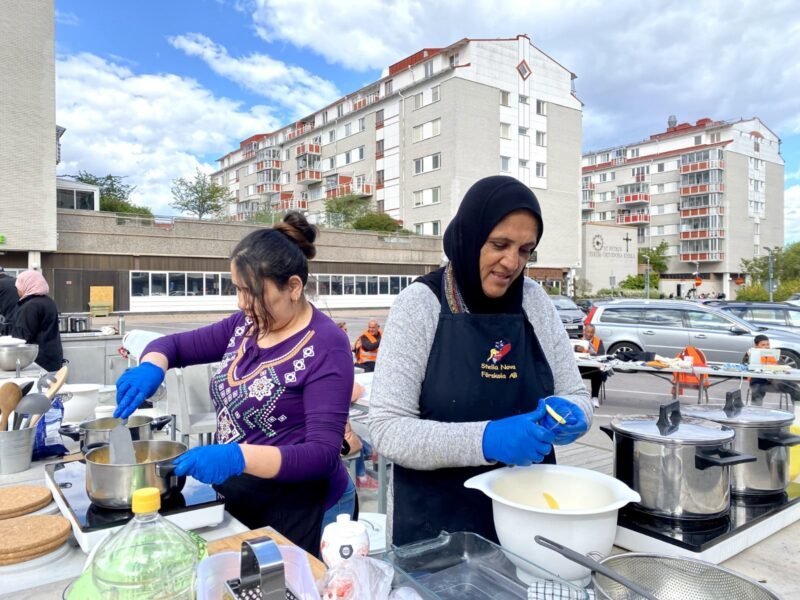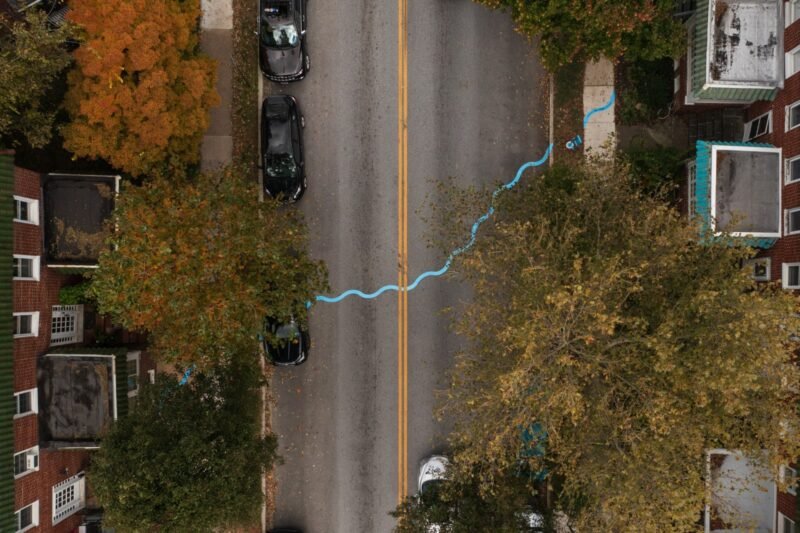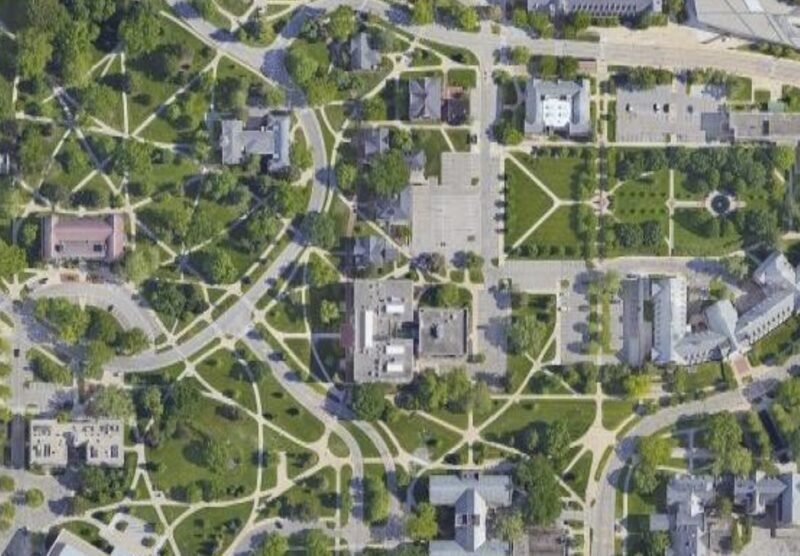Are The Street Lights Of The Future Solar Powered?
 Lighting experts at Philips have come up with a new solar-powered LED street lighting solution. The new technology, SolarGen2 off-grid system, is unique in that it harnesses sunlight to provide reliable lighting after dark. The panels, constructed on top of the street lights, collect the energy of the sun during day, and re-use this energy during the night when extra light is needed.
Lighting experts at Philips have come up with a new solar-powered LED street lighting solution. The new technology, SolarGen2 off-grid system, is unique in that it harnesses sunlight to provide reliable lighting after dark. The panels, constructed on top of the street lights, collect the energy of the sun during day, and re-use this energy during the night when extra light is needed.
As darkness falls in cities around the world, many simply switch on the lights and daily life continues. But this is not the case for 1.6 billion people around the world that live in a city off the electricity grid. What this means is pretty hard to understand for people living in the Western world. When the sun goes down, every-day life simply stops. Artificial light leads to safety in public space, and the possibility for an active life in the evening hours. Street lighting is also important from an economic perspective — extracting the day means having more options to sell stuff from little shops or kiosks on the streets. In less developed cities this can potentially help people to make the step towards financial independence. In the context of African cities this option would mean a huge step forward for individual entrepreneurs as well as for the city as a whole.
There is still a long way to go, but on a micro scale the results of the SolarGen2 off-grid system show vast improvements in safety for local people and an increase in the number of usable hours in the day. People can continue to work, study and enjoy leisure activities after dark. With this innovation, Philips hopes to play an important role in challenging the issues that less fortunate cities face. These small interventions, that sometimes don’t seem very spectacular, can make a huge difference for local communities and prepare upcoming cities for a future with clean energy. As a brand that has a huge tradition in lighting, the company sees a market in bringing light to the fast growing cities of Africa in a clean and efficient way, improving the lives of those living off-the-grid.



